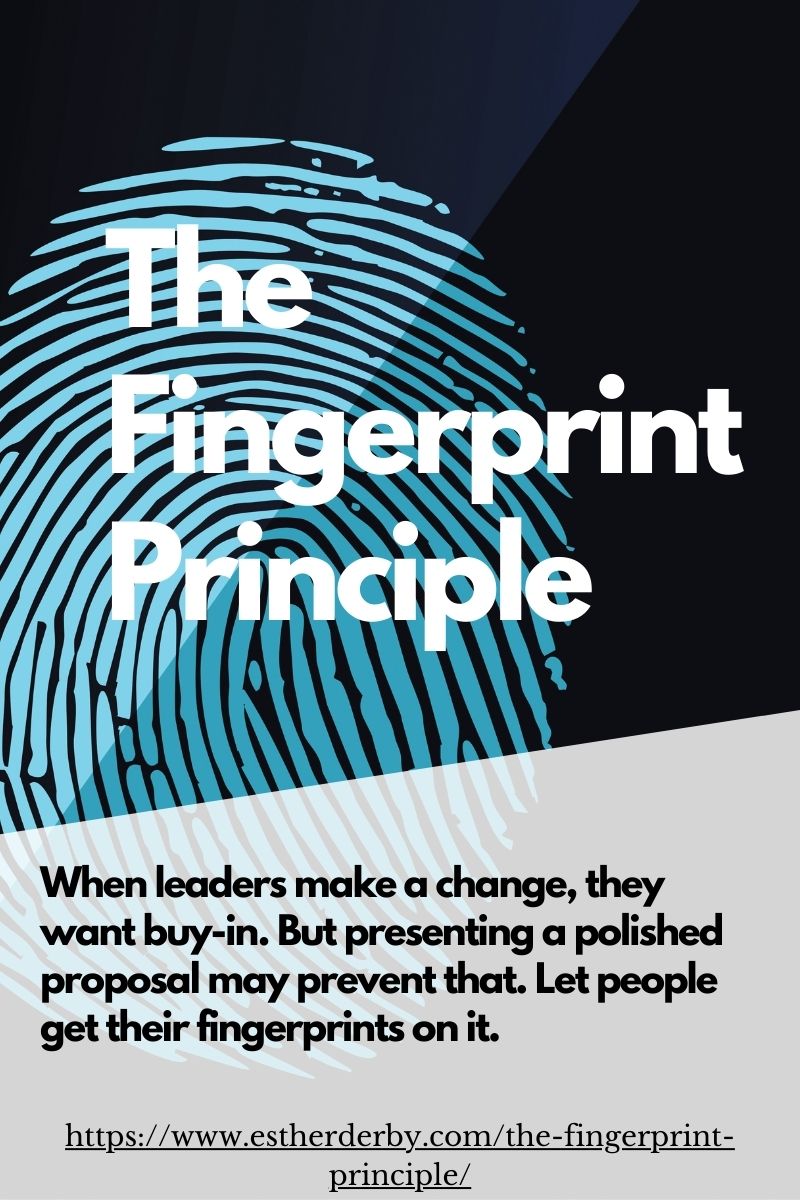Someone posed the question: Has Agile crossed the chasm?– a reference to Moore’s work on marketing.
Agile is no longer the prevue of pioneers and visionaries. Agile shows up in the popular business press. PMI is all over it. The big accounting/consulting firms are marketing agile. Clearly (at least the term) agile is reaching the mainstream.
According to Moore’s model, people on the other side of The Chasm, the Early Majority, want to improve existing processes. They are not interested in a radical change in operations. They want something that works out of the box. Something the company can roll out, train, install.
This makes sense if you are talking about certain types of technology product. It may make sense for repeatable processes. But agile isn’t a product. Agile consists of practices, built on values and principles. Software development is a creative process. Agile relies on the ability to inspect and adapt. Agile is not a destination, it is a way to address certain problems in software development.
Many people want to lose weight, but don’t want to change their diet or exercise habits. We know what happens.
Many managers in organizations with traditional functional hierarchies want the benefits of agile –without disrupting the status quo. Not going to happen. Changing to agile doesn’t have to be an existential threat to managers. Many managers find that when teams are more self-sufficient, they are freed for more strategic work.
There are still no silver bullets. Overlaying a process on existing structures is unlikely to solve your organization’s problems. Even if it solved some other company’s problems. Profound change doesn’t come in a box.








I agree the ‘word’ agile is mainstream now, but to your point people want the benefits without the work. I think it will take another generation to cross the chasm properly. The people that are learning software development in college now and using agile practices are the future leaders that will push it to the everyday norm.
Hi, Derek –
Yes, perhaps like OO development in another 20 years, agile will simply be “how we do things” from a development perspective. But for companies to realize the benefits, management practices and assumptions about how companies organize must also change. We’ll need a new generation of manager and organizations, too.
After 1000s of years. people still want a magic wand – gain without pain. 2nd choice is to just buy a solution, equally naive. Hucksters are happy to sell you a wand. Esther’s dieting analogy is apt – if any “painless” diet worked, there’d be no diet industry.
Unfortunately, depending on colleges to train the next gen is fraught, at least if you are depending on computer science majors from 4-year schools: CS is a branch of math, not engineering. I say this as a person with three degrees in CS. I learned Software Engineering in the field, not the classroom.
Ah, change… real change is hard. As Dilbert says “Change is good… you go first.”
I wrote about where Agile is in the Hype Cycle a few years ago. About 100 people voted and it seems it was a toss up about Trough of Disillusionment and Slope of Enlightenment.
http://www.scrumology.net/2009/09/10/where-is-agile-in-the-hype-cycle/
Much like you, I’m coming around to Agile isn’t a “product” but it is being “productized” I think.
That’s also my experience, unfortunately. Management is still today trained towards predictability, piloting & big projects. I’ve even been said, before entering a huge project(60 people, 18 months forecasted, 2006), that such a big project would be a booster hit to my career(manager who said me that was fired in 2007, but the project was still going nowhere in 2011, last time I heard). Myself was lucky enough to find a quick way out.
Of course, everything in this project was forecasted, written in stone, & could not be changed, even after being proved wrong. That’s how things have to be managed. Programmers may be allowed to be agile(or even required to be), yet, process has to be rigid. And even today managers are taught in schools that management is science of control.
Truth is, since 2000, managers don’t have a lot of controls about what I really do(Be I programmer or tester) – as I do my work, & they just don’t have time to understand it. Yet, they fool themselves in believing they can control what I do through fine piloting & micromanagement. As they’ve been taught it is their role. Maybe it’s stronger here in France. Anyways, I’ve seen last year a newly diplomed people asking me to wait until the spec is validated(read : carved into the stone) until I begin to estimate(read : sign with my blood a promise for delivery date & cost).
Agile is not only development method, as O.O. can be. It’s, first of all, a way of thinking. That saved the day each time a panicked boss came to me yelling “we forgot that important thing in the planning, please do whatever to save the day”. My best memories. But they don’t learn. They have not been trained to learn, just to control. They still are. Argh.
I loved the bit about the panicked boss. He would have benefited greatly by sitting beside you and observing what you did because he would discover the agile mindset that he lacked. Feel sorry for him because his life is sad and he doesn’t recognise the opportunity to learn and make it different.
I agree, I see many people searching for that silver bullet, and subsequently give up when they realize agile is actually a lot of change and hard work.
As I see it, Agile is nothing more than a bunch of (good)habits. Everybody knows out of experiance how difficlut it can be to change one habit, let alone a bunch of them!
It’s a first step, at least. Increasing awareness will, with luck, lead to increased desire to adopt – even with a high “silver bullet” failure rate, hopefully higher numbers will still mean the word, and the practise, spreads 🙂
I have a feeling that nobody will know what “agile” is really mean soon. The term is blurred and will have a little in common with agile manifesto. That is sad, but expected.
Agile is not a mainstream yet. Sure, many companies sell agile. However, agile adoption is just knocking large companies doors. It is too early to say that it is a mainstream.
And nothing works out of the box. It was true with almost any new approach. Agile is not an exception.
First, define “agile.” If we use this vague and wide term early majority uses it means agile has already crossed the chasm.
However if you stick to what early adopters considered agile it’s likely a completely different thing. Will it ever cross the chasm?
Or, in other words, early adopters pursue specific attitude toward improvements, experimenting, trying new methods, tools and practices because this is what they do. It means that as long as we don’t care about labels they will always be more agile that early majority, no matter how the next big thing is called and what exactly it is.
Yep.
Shifting to Agile happens in small degrees and it takes quite a while to undo the habits and processes that have taken years for a company to build. The expectation needs to be established early. Big Consultancies aren’t helping by marketing their services in an out of the box way. Every transformation is different. If coaches and Scrum Masters can hold true to the values it will certainly help, but many just make sure the client is happy. I just wrote about the mind-set shift myself.
I think you mean purview not prevue.
The Early Majority want predictable results using “products” that others are using: they want the comforts of a “whole product.” Agile at this point satisfies both of those criteria.